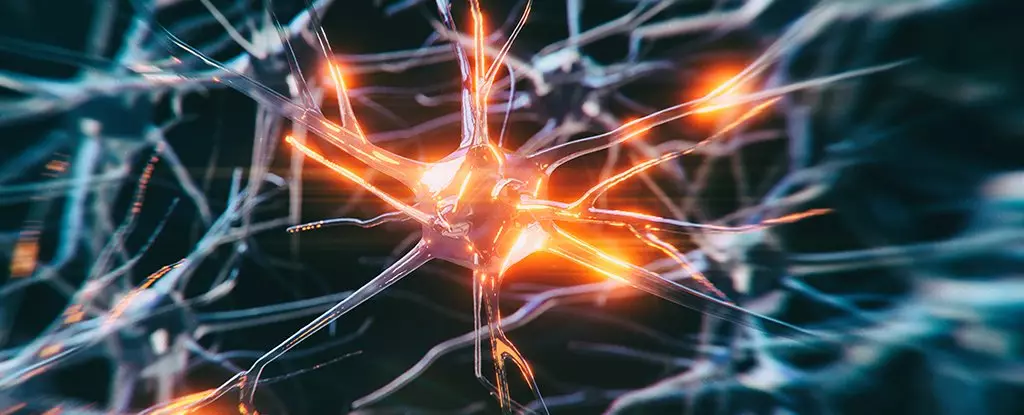In a groundbreaking instance reported in early 2023, neurologists at a memory clinic in China made a startling diagnosis that challenges conventional understanding of Alzheimer’s disease (AD) as predominantly an affliction of the elderly. They identified a 19-year-old male patient as possibly the youngest case of Alzheimer’s recorded globally. This case raises critical questions about the factors contributing to early cognitive decline, particularly regarding the complexities inherent in diagnosing and understanding the disease itself.
The young man began to manifest signs of significant memory impairment at just 17. Describing his symptoms, he noted difficulties in maintaining focus during classes, struggles with reading, and increasing challenges in recalling recent events. Family and friends witnessed his memory lapses firsthand, such as repeatedly misplacing items and failing to recall details from the preceding day. Despite these alarming signs, it wasn’t until he struggled to finish high school that he was referred to the memory clinic. This timeline illustrates how commonly missed early symptoms can culminate in significant cognitive impairment without proper medical oversight.
Traditional understanding relates early-onset Alzheimer’s to genetic factors, specifically familial Alzheimer’s disease (FAD), which affects individuals under 30 and is commonly linked to identified gene mutations. However, in the case discussed by the researchers from Capital Medical University in Beijing, investigations revealed no such mutations present in the patient. The imaging results were equally troubling, indicating notable shrinkage of the hippocampus, an area critical for memory, alongside alterations in cerebrospinal fluid indicative of Alzheimer’s pathology. The absence of familial history or evident genetic markers adds layers of complexity to this unique case, opening doors for further inquiry into how the disease can manifest atypically.
This case serves as a crucial reminder that Alzheimer’s disease is not monolithic; it is a multifaceted disorder. The familiar understanding of the disease’s progression based on traditional genetic pathways may not encompass all scenarios. Innovative explorations into the pathophysiology of AD, particularly early-onset types without identifiable genetic roots, are essential. Given that nearly 10% of all Alzheimer’s diagnoses are early-onset, this clinical finding is not an anomaly but rather symptomatic of broader trends that merit further attention.
The Need for Future Research
The neurologists involved in this remarkable case argue compellingly for a redirected focus in future Alzheimer’s research, particularly on the nuances of early-onset Alzheimer’s. Their insights suggest that understanding the myriad avenues through which the disease can develop is crucial for both treatment and prevention strategies. Given the observable shifts in cognitive abilities in very young individuals, exploring the biology and environmental factors contributing to early presentations of Alzheimer’s could illuminate new paths for intervention.
As diagnostic criteria evolve alongside increasing case complexity, the 19-year-old diagnosed in China may be an outlier in terms of age, but he is certainly not alone in presenting an intellectual conundrum for scientists and healthcare professionals. Recognizing the wide-ranging expressions of Alzheimer’s disease prompts a transformative reconsideration of how the medical field understands and addresses cognitive decline across varying demographics. This case underlines an urgent call for comprehensive research endeavors dedicated to elucidating the mechanisms of Alzheimer’s disease, especially for those diagnosed at an age when cognitive health is traditionally presumed to be at its peak.

